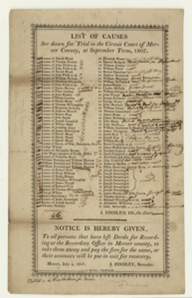Your post from May addresses the significant issue of the terminology used in legal recognition and its impact on equality. The question of whether the term “marriage” should be exclusively reserved for opposite-sex couples while same-sex couples are given an alternative designation like “civil union” raises constitutional questions about equal protection and fairness under the law.
Your analogy to other scenarios, such as the titles of judges or the names of government departments, effectively illustrates the power and impact of words in shaping societal perceptions and individual dignity. Your argument that the use of different terms implies a difference in status is compelling, and it aligns with the principle that separate designations can indeed lead to unequal treatment.
As the Connecticut Supreme Court deliberates on the issue, your succinct and direct proposed opinion highlights the core constitutional principle of equality and challenges the notion that the use of different terms does not impact the rights and privileges afforded to individuals. The comparison to the California Supreme Court’s landmark ruling adds context to the evolving legal landscape on this matter.
It will be interesting to see how the court approaches the issue and whether it embraces your perspective on the significance of nomenclature in matters of equality. The intersection of law, language, and social norms continues to be a complex and evolving area, and legal decisions play a crucial role in shaping the landscape of civil rights and equal protection.

